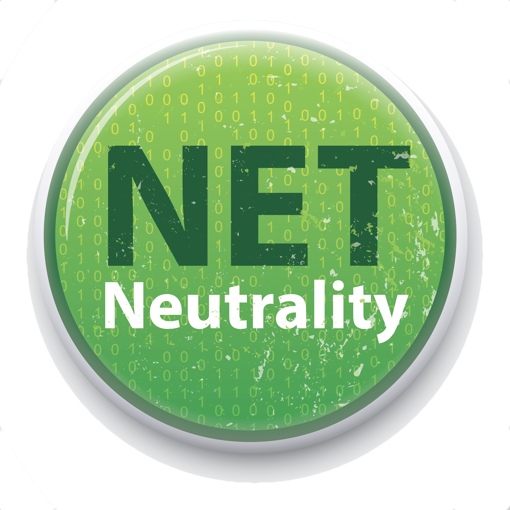 Washington, D.C. is about to find itself embroiled in a war over Net Neutrality. Today in an op-ed at Wired, FCC chairman Tom Wheeler proposed that the government regulate Internet service providers, including mobile carriers like Verizon and AT&T, as common carriers under Title II of the Telecommunications Act. This means the government will now view Internet service as a utility, preventing your ISP from blocking or restricting your ability to access content.
Washington, D.C. is about to find itself embroiled in a war over Net Neutrality. Today in an op-ed at Wired, FCC chairman Tom Wheeler proposed that the government regulate Internet service providers, including mobile carriers like Verizon and AT&T, as common carriers under Title II of the Telecommunications Act. This means the government will now view Internet service as a utility, preventing your ISP from blocking or restricting your ability to access content.
Under the new FCC rules, your ISP will not be able to throttle content like Netflix movies, as many have done. Your ISP will similarly be unable to block your ability to access certain websites or services like FaceTime. It will also be prohibited from creating special “fast lanes” that give favorable treatment to content providers willing to pay it a kickback. And, for the first time, mobile carriers will be subject to Net Neutrality rules as well, allowing for uniform regulation of data regardless of whether it’s delivered over wires or the air.
“Using this authority, I am submitting to my colleagues the strongest open internet protections ever proposed by the FCC,” explains Wheeler in his op-ed. “These enforceable, bright-line rules will ban paid prioritization, and the blocking and throttling of lawful content and services. I propose to fully apply—for the first time ever—those bright-line rules to mobile broadband. My proposal assures the rights of internet users to go where they want, when they want, and the rights of innovators to introduce new products without asking anyone’s permission.”
The words “Net Neutrality” may be thrown around a lot in the news a lot lately, but the concept is nothing new. In fact, it’s been the general operating principle for the Internet since its formative moments in the late 1960s. A federal court, at Verizon’s behest, took away the FCC’s ability to enforce Net Neutrality in early 2014. That court suggested the FCC would need to regulate Verizon and other ISPs and carriers as utilities before it could enforce Net Neutrality provisions – a route the agency has now decided to pursue.
Companies like Verizon and AT&T are, predictably enough, up in arms over the FCC’s proposal. They have long contended that Title II classification would, in Verizon’s words, “threaten great harm to an open Internet, competition and innovation.” A return of Net Neutrality rules could, for example, force an end to a handful of carrier and ISP offerings, including T-Mobile’s Music Freedom promotion. But most forecasts of doom and gloom are overblown. Google has already said that Net Neutrality rules would not prevent or slow down its efforts to roll out fiber cable.
The official FCC proposal has yet to be unveiled, but it’s expected the issue will be reviewed and voted on when the FCC meets on February 26. AT&T has announced its intent to challenge the FCC’s reclassification in court if it happens. You can also expect a lot of wrangling over the issue between the White House and congress – President Obama supports Net Neutrality; many influencers in the Republican congress do not.
[Internet Neutrality via Shutterstock]















From George Mells on February 05, 2015 :: 2:52 pm
A popular misunderstanding is that net neutrality means the same speed for all. NOT. People will still be able to get different final link speeds. It just means that all sources will be available at the same relative speed and availability. I hope it goes through.
Reply